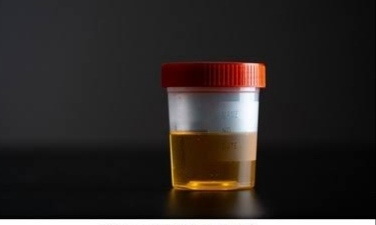Feeling a little surprised or anxious upon noticing that your urine appears darker in the morning is completely understandable.
Typically, we associate urine with a pale yellow hue; however, its color can change significantly based on your hydration levels, dietary choices, and even the time of day.
For many individuals, having darker urine upon waking is quite common and usually doesn’t indicate any serious health issue.
But what’s the reason for this?
Throughout the night, your body remains active in maintaining homeostasis, which includes filtering out waste from the bloodstream via the kidneys. Since you’re not drinking fluids while you sleep, your body produces less urine.
As a result, the urine that is produced becomes more concentrated, resulting in a darker color. What Causes Changes In The colour Of Your Urine?
Additionally, factors such as your food intake, any medications you may be taking, and your overall hydration throughout the day can all affect how your urine looks in the morning.
1. Overnight fluid loss:
While you’re asleep, you’re not hydrating, so your body consumes some of its stored fluids. This results in lower water levels to dilute the urine, causing a darker appearance.
2. Waste concentration:
Your kidneys eliminate waste products from your blood to create urine. Since you’re not drinking fluids at night, the waste becomes more concentrated, which leads to a richer color in the urine.
3. Melatonin secretion:
During the night, your body produces melatonin, a hormone that regulates sleep. This hormone can slightly influence the color of your urine, making it look a bit darker in the morning.
4. Impact of food and drugs:
Your diet and any medications you may take can change the color of your urine. Certain foods, such as beets or berries, as well as specific vitamins or prescriptions, can darken your urine. These changes are often more pronounced in the morning when your urine is already concentrated.
5. Health indicators:
Morning urine darkness typically isn’t alarming, but occasionally indicates dehydration or underlying health concerns. If dark urine persists despite adequate hydration, consulting a doctor is advisable.

